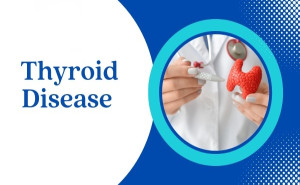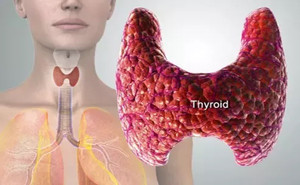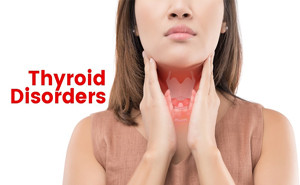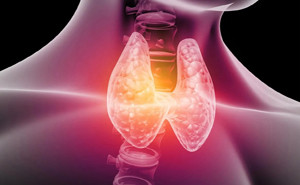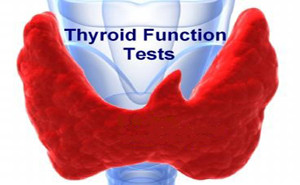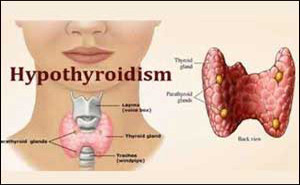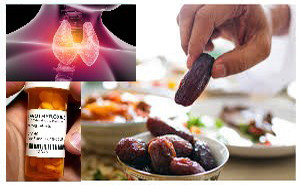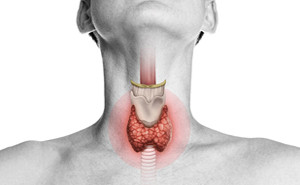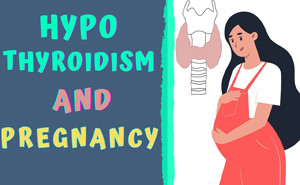Featured
TAKE HOME MESSAGERequests
for thyroid tests are increasing, although in many cases clinical need is not
evident.If thyroid
dysfunction is suspected, measuring TSH alone is recommended as the first step.
Test T4 only when TSH is abnormal.Ultrasound
should be considered for patients with thyroid dysfunction and goitre (enlarged
thyroid) or palp...
JAMA: The Journal of the American Medical Association: July, 2019Subclinical hypothyroidism, defined
as an elevated serum thyrotropin (often referred to as thyroid-stimulating
hormone, or TSH) level with normal levels of free thyroxine (FT4) affects up to
10% of the adult population.Subclinical hypothyroidism may be categorized
as grade 1 when...
Thyroid disease can be broadly
categorised as thyroid dysfunction (hypothyroidism, hyperthyroidism) and
structural disease (goitre, nodules and cancer). Management is often
straightforward, but there are pitfalls that may lead to misdiagnosis,
overdiagnosis and inappropriate treatment. This article reviews the approach to
common thyroid proble...
Hypothyroidism is a common
endocrine disorder resulting from deficiency of thyroid hormone. Iodine
deficiency remains the most common cause of hypothyroidism worldwide.The most common symptoms in adults
are fatigue, lethargy, cold intolerance, weight gain, constipation, depression,
change in voice, and dry skin, but clinical presentation can di...
NICE GUIDANCE:Indications for tests for thyroid
dysfunctionConsider tests for thyroid
dysfunction for adults, children and young people if there is a
clinical suspicion of thyroid disease, but bear in mind that 1 symptom alone
may not be indicative of thyroid disease.Offer tests for thyroid dysfunction
to adults, children and young people with...
Human Reproduction Update Journal: Published on February, 2019Subclinical hypothyroidism (SCH) is
defined as an elevated serum thyrotropin (TSH) level with normal serum
thyroxine (T4) level and affects 3–8% of women of childbearing age. International guidelines advocate
the use of population-based reference ranges of TSH during pregnancy; h...
Frontiers in Endocrinology: Published on March 2021Hypothyroidism is a common
condition caused by thyroid hormone deficiency. The prevalence of hypothyroidism
increases with age and subclinical hypothyroidism affects up to 15% of adults
65 years of age or older.Levothyroxine (L-T4) treatment of
overt hypothyroidism can be more challenging...
International Journal of Endocrinology: Published on February, 2023A recent study in the International Journal of Endocrinology
(Feb 2023) found promising insights into thyroid disorder treatment,
specifically evaluating Levothyroxine intake during Ramadan.Fasting during the month of Ramadan
is an Islamic obligation and a great worship. Muslims...
The medication most used to treat
hypothyroidism is levothyroxine, a compound that acts as a replacement for a
person’s thyroid hormone. People with hypothyroidism will
often need to take levothyroxine for a long time, typically for the rest of
their life, so it is important that their treatment is monitored closely and
the dose is adjusted fo...
PubMed Central: Published February, 2021Subclinical hypothyroidism (SCH) is
a common biochemical entity identified in women during pregnancy. SCH is
diagnosed when the thyroid stimulating hormone (TSH) is elevated with a normal
free thyroxine (FT4) level. The thyroid hormone, FT4, is
necessary for fetal growth and development. Insufficient thyr...
